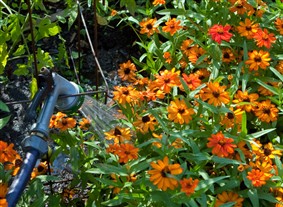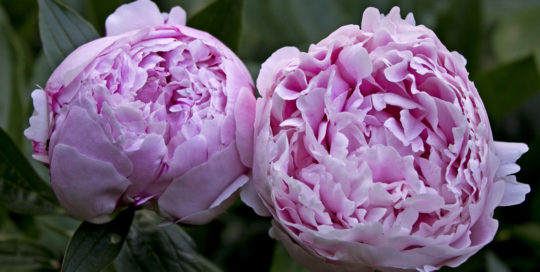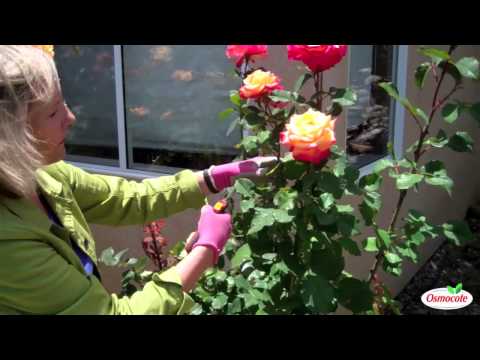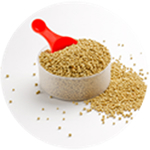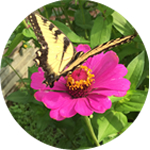Promise number two: Protect from pests:
Summer pests on roses include aphid, black spot, mildew, mites, green worms and pear slugs.
Black Spot
Strikes the oldest or lowest leaves, first turning them yellow then infecting them with dark spots. Good air circulation and keeping the foliage as dry as possible helps to prevent black spot but if you remove the infected leaves immediately during the summer months you can stop this fungus among us from spreading. Some rose varieties are just more susceptible to black spot than others. A fungicide spray may be needed to control a severe outbreak, such as when the rose plant has lost more than half of its foliage to black spot.
Mildew
Looks like a white powder on the foliage and buds and is another form of fungal infection that can also be controlled with a fungicide spray or prevented with better air circulation (give your roses breathing room) and watering the roots and not the foliage of the rose plant.
Aphid
On roses look like tiny green bugs usually grouped in colonies on the bud tip or new growth. Aphids are easy to control if you catch the outbreak early. Simply pinch the tips of the new growth where you see the aphid colonies and leave the smashed aphids on the plant. This will attract aphid predators such as lady bugs and will also discourage new aphid from moving in to set up a colony. Insects do communicate and injured aphid alert ladybugs to a buffet and also warn away their relatives. Aphid can also be controlled with an insecticidal soap.
Mites
Cause rose foliage to turn pale and look dry and they may form webs on the plant. Mites are so tiny they may be difficult to see without a magnifying glass and they are attracted to roses that are stressed out by lack of water. Roses in containers are especially susceptible to mites so during the summer months increase the amount of water you give potted roses. Insecticide sprays that control mites are effective if used as instructed but you can also remove the foliage that is most infested, fertilize and water well to help your rose plants outgrow the mite infestation.
Other
Pear slugs, rose chafers, tiny green worms are other pests that feed on roses. Be vigilant about checking your rose plants and you’ll stay ahead of these pests by hand picking them or removing the parts of the rose plant that are most infected.
An all-purpose insecticide made for rose plants can be used for severe outbreaks. Look for one that is already mixed up and ready to spray so you’ll be ready to fight back should your roses show real damage. Keeping your roses healthy is the best defense against pests.

